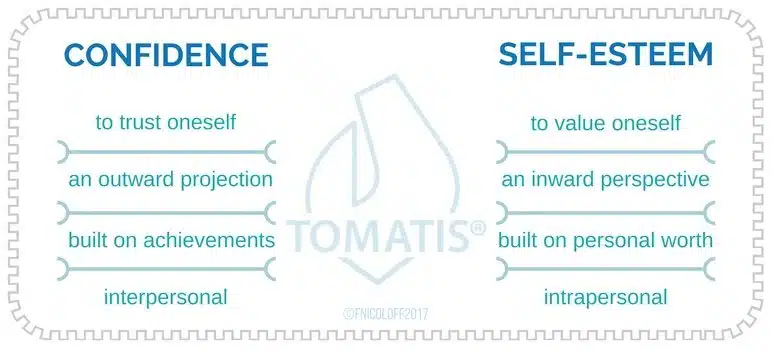Most of you know about the effects of sound, in changing your mood for example, but research has also shown that music can raise or lower your blood pressure, affect your muscular energy, change your metabolism, influence your digestion and have a powerful effect on your emotions and behaviour.
The Tomatis® Method utilises a neuro-sensory approach and bases itself on the relationship which exists between the ear and the voice, between listening and communication. Listening requires attention and emotion. However, we also recognise that many people have weaknesses in their ability to process sound and this affects them in a multitude of ways.
Therefore, the Tomatis® Method works with people of all ages to process incoming sound more effectively than they usually do. Listening skills are sharpened through exercises done under the Electronic Ear and the TalksUp® device. You get to repeat words and sentences aloud too (during the active phase). The Electronic Ear enhances the higher harmonics in the voice before feeding it back to your ears.
The idea that the ear plays a crucial role in communication, in social and psychological development is a unique one, first researched and highlighted by Dr. Alfred Tomatis, who is now considered to be the pioneer of the use of sound stimulation to re-educate the ear to improve learning and language abilities, communication, creativity and social behaviour.
Specifically, we work with people both on the emotional end of overcoming the fear and anxiety of public speaking as well as on making the experience of public speaking effective and enjoyable. Our unique method of optimising listening skills creates a template for you to create positive and skilful presentations.
Researchers agree that self-esteem is best developed during one’s early childhood years. It is at this stage where the child’s brain develops most. However, if the child is exposed to abuse, criticism, no positive reinforcement, and other violent environments, he/she may miss out experiences that would supposedly foster their sense of confidence and self-esteem. Find a therapist from our roster of professionals who can help you, your child or someone you know today!




